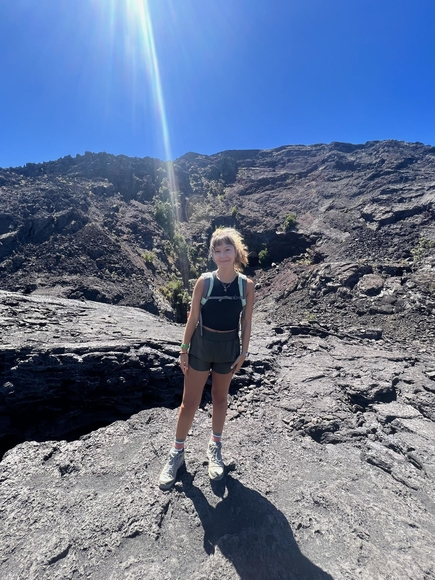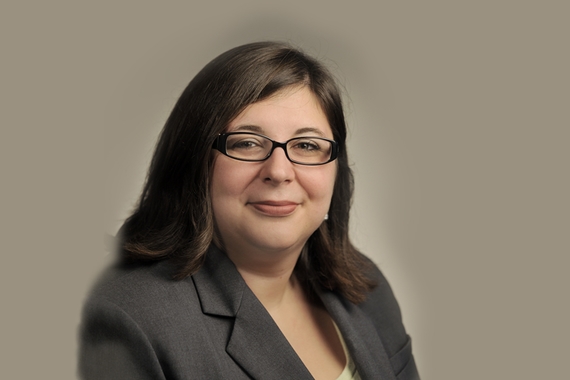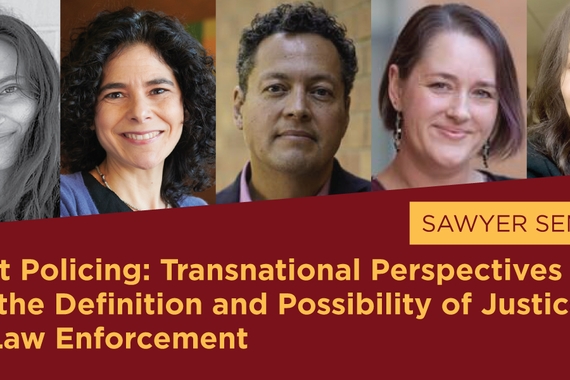Semester in Hawai‘i: Sea Turtles and Slowing Down
Olivia Berndt started college with hopes of studying abroad, but shelved the idea as she learned about the costs and difficulties associated with doing so. She focused on completing her sociology of law, criminology, and justice degree, as well as a business law minor, at the U. Then, as she read through a sociology department newsletter, she discovered an alternative—one that would ultimately lead her to immersion in an unfamiliar culture, award-winning research, and lifelong takeaways. And she never had to leave the US.
The National Student Exchange (NSE) is a study away program that enables students to study at universities in the US, Canada, Guam, and the US Virgin Islands. For Berndt, NSE presented an affordable and practical way to study outside of Minnesota.
Berndt explored her program options, knowing she wanted to study off the mainland while also immersing herself in a new place and taking interesting classes that would count toward her degree, and settled on the University of Hawai‘i at Hilo. Located in a small town on the island of Hawai‘i, Hilo offered not only beach views but an administration of justice program that suited her interests in criminal justice and law. And so, she set off for her fall 2023 semester.
Adapting to Life in Hilo

Thousands of miles away from campus, Berndt traded pavement for lava rock, the Mississippi for the Pacific, and squirrels for mongooses. While she had expected beach and ocean views, she hadn’t anticipated just how different her surroundings would feel. Soon, the culture shock set in, and it didn’t just come from seeing three sea turtles a day.
“We talk about Minnesota nice,” Berndt explains, “but we’ve got nothing on Hawai‘i. Kind, kind people.” She felt that time flowed differently in her new surroundings. “[Shops] don’t open up until 10AM and things close by 4PM,” she describes. “How people acted, and even how they drove on the streets, it was all just very different.”
Spending a whole semester in Hilo helped Berndt grow familiar with the culture and create close connections with the people around her. In classes no larger than eight people, she got to know her classmates and professors well. It wasn’t uncommon for her classes to go on field trips, get dinner together, or attend bonfires on Kilauea, a volcano. “I got to know [my] professors there in a way you don’t necessarily get to at the U unless you take multiple classes with a professor.”
One of Berndt’s main takeaways from the program was “the sense of community.” It influenced everything from her relationships to her academics. “In sociology and within criminology and the justice system, we talk about how community is incredibly important,” Berndt says. “We talk about social support… but I don’t think I ever really saw what that could be until I was in Hawai‘i.” Her experiences during the program provided an example of “how tight-knit communities act…how they actually support each other.” To this day, she strives to find and foster that sort of community in her classes and at work.
Serving Hilo’s K-12 Students
One sociology practicum, a course that centers around hands-on experience led by Associate Professor Alton Okinaka, pushed Berndt and her classmates to thoughtfully work toward finding equitable educational solutions for a local charter school.
Ke Ana La‘ahana has just forty students, four classrooms, and three teachers. The Hawaiian immersion school for grades seven through twelve focuses on incorporating Hawaiian cultural education and practices into the school day. “The problem was, [Ke Ana La‘ahana] still had to follow the US Board of Education accreditation standards, but those standards didn't necessarily fit with their cultural ways of teaching and their local ways of teaching,” Berndt explains. “[So we wondered] How could they follow Western grading forms, but make it fully adaptable to local tradition and culture?”
“I felt like this was a challenge that I was ready for,” Berndt reflects. “It was definitely still a struggle,” she explains on the complexity of the task, “but I felt that I had the sociology education and experience” necessary for the project. Through peer collaboration and hands-on experience with the students, teachers, and setting of Ke Ana, the class formed a concrete solution with student agency at its core: a portfolio.
“Students would start the year they started school and choose assignments or projects—or even trips they went on—and create either digital or physical samples of what they did, the values they learned, or how they were learning,” Berndt explains. Values were key, with students encouraged to create a personalized compilation of what was important to them. The students tracked their own development, “more on effort and participation and progress—not in the way of Western linear progress but more in the way of development of the self.” In an education system focused on results, correctness, and mainland Western thought, the portfolio approach created space for new ways of learning and new goals for school. “The whole goal of the portfolio was putting more agency into the hands of the kids, saying, ‘We trust you.’”
Berndt and her team even presented their work to the Ke Ana La‘ahana board of directors at the end of the semester. “I think we were all just really proud to be able to do that…and then to also be able to hear how excited the teachers were about this, like, it really meant a lot to them. It was really great to be able to work with them.”
Areas of Interest and New Perspectives
While this project led to Berndt receiving special recognition, education is not her main academic focus. She is drawn to prison reform and the justice system, taking classes in public policy and learning how to create systemic change. Fortunately, her project with Ke Ana didn’t prevent her from exploring her areas of interest while at Hilo. For another class, she completed a semester-long project looking into the Hawaiian prison system and the specific pressures it experiences, such as a lack of resources and harmful relocation practices.
Through that project, she examined prison reform, a topic she has extensively studied, from a different point of view. Rehabilitative justice, a theory geared toward reestablishment and community support of a previously imprisoned person—an approach Hawai‘i has recently begun implementing—resonated with Berndt. “I was like, ‘Oh, this works. This just makes sense.’”
She also took an administrative justice public policy course involving drafting legal documents and conducting research. This experience has proven useful in her current role as a legal intern at Tubman, a nonprofit organization that supports individuals facing relationship violence, exploitation, and other traumas by providing wraparound services and community building.
Looking Ahead and Slowing Down
Berndt graduates in December of 2024 and plans to take a gap year before attending law school. While she had initially planned to go straight into law school, her NSE experience changed that.
“Everyone’s kind of go, go, go… And I think Hawai‘i has a really unique ability to kind of just [help you] sit and grow, and I think all the people embody that… a slower, intentional kind of lifestyle,” Berndt explains. “I’m going to focus on my last semester and breathe a little bit, gather myself, and get ready for law school without trying to overload myself, which was my previous plan.” For her, the exchange program yielded not just intellectual growth, but a life lesson.
Her advice to those considering an exchange program? “Do it… There’s only so much preparing you can do before you get somewhere, especially if you haven't been there before. So you just have to be open to doing things, or to learning from the locals, and just being able to alter your plans.”
Berndt received the National Student Exchange Dr. Richard R. Bond Community Engagement Award for her academic work and community contributions during her exchange program.
This story was written by Cass Bryant, an undergraduate student in CLA.


